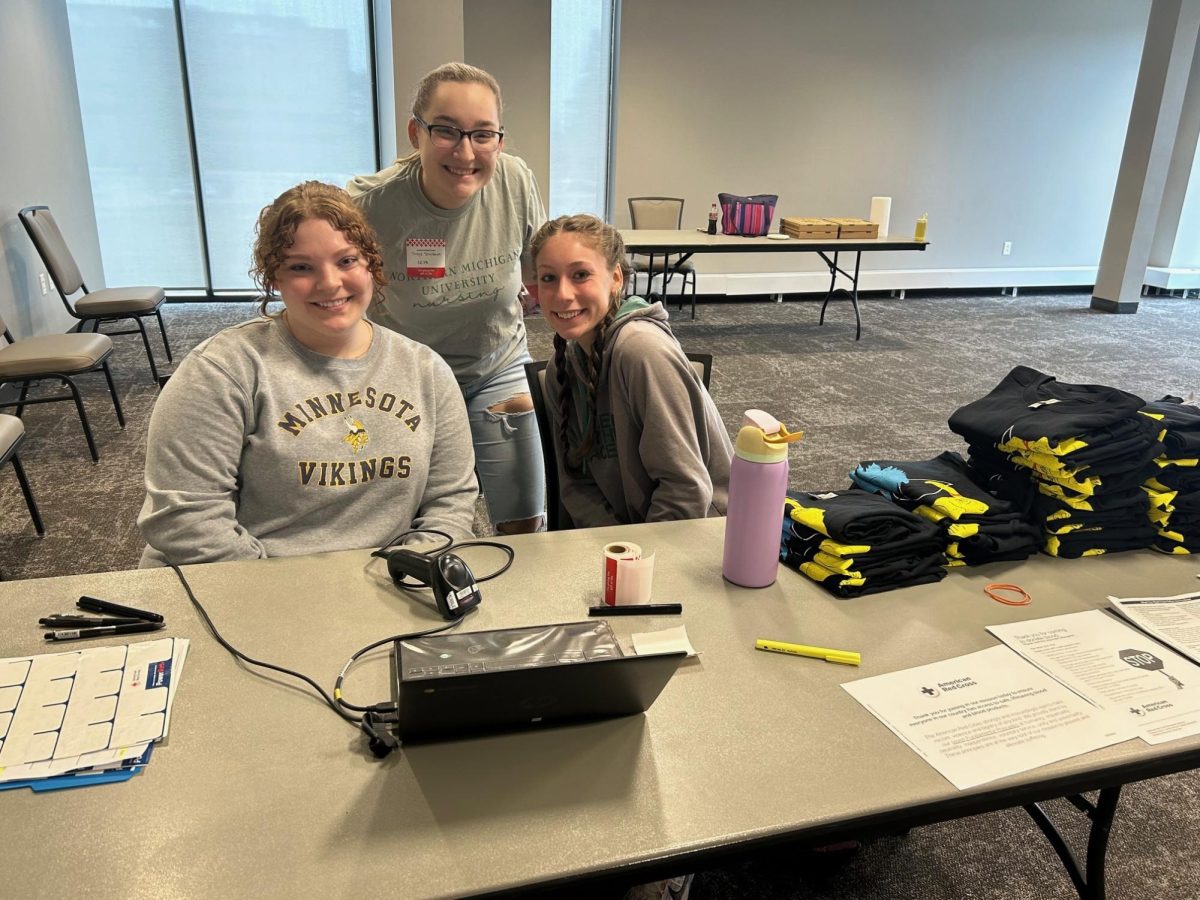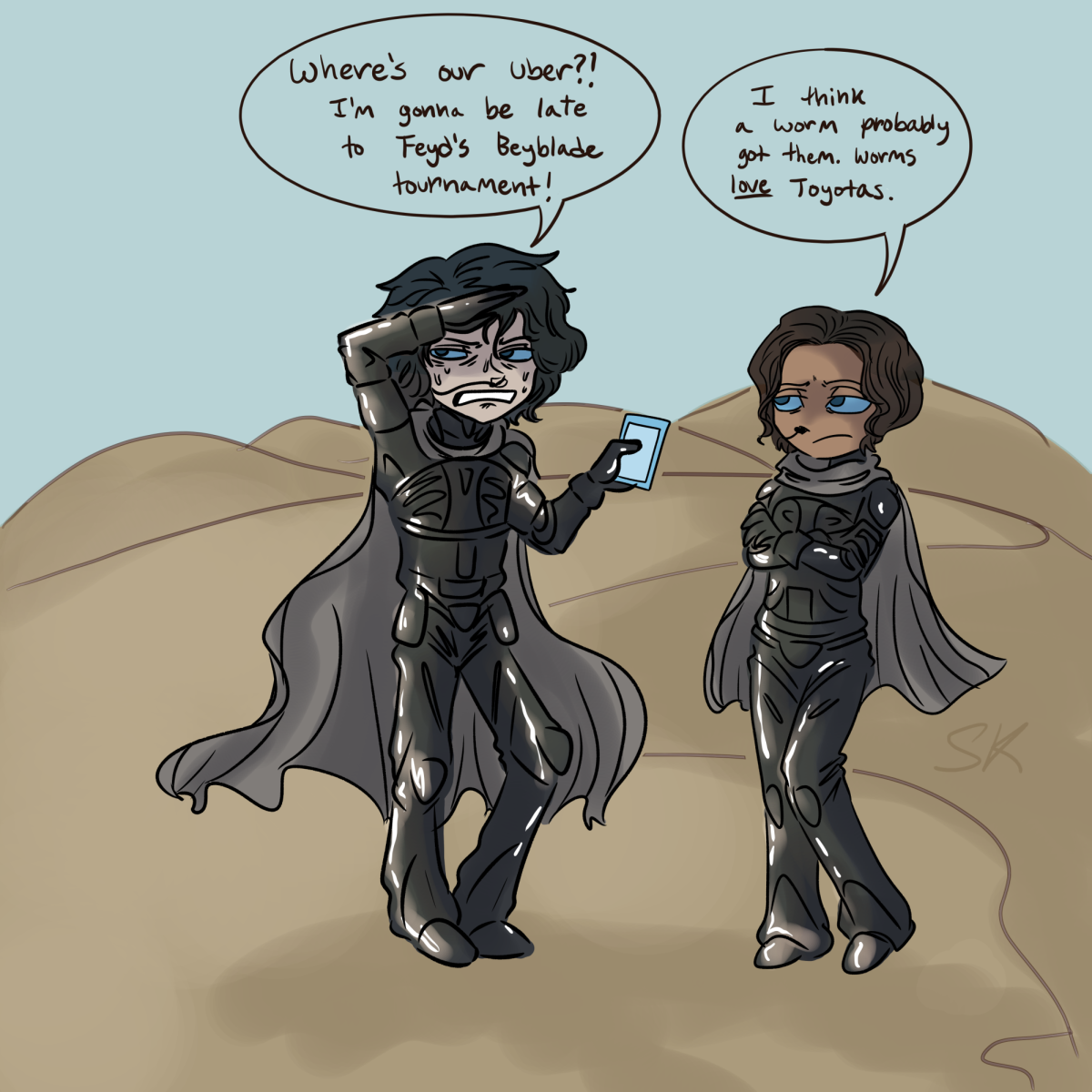Virtues, cultural components and other nonmonetary factors are seldom considered as major explanatory variables when deliberating how to achieve healthy economic growth.
However, these nonmonetary factors play major roles in all economic environments.
I was inspired by a beautiful high-end performance of Shen Yun Performing Arts, a New York-based company that aims at “reviving 5,000 years of civilization and the true, divinely inspired culture of China,” according to the company’s website.
One of Shen Yun’s story-based classical Chinese dance performances is the famous story of Mulan. The original Mulan legend emphasized the virtue of filial piety.
Mulan’s father was too old to go to the battlefield. To protect her father from war, she disguised herself as a man and safeguarded the country on behalf of her father.
According to the Shen Yun Performing Arts’ website, “[Mulan] fought adeptly for 12 years, contributing to numerous victories. After the war ended, the emperor bestowed honors on her and wished to make Mulan a high-ranking official. Mulan declined, preferring to return home to care for her aging parents.”
The graceful dancers and the harmonious music from the live orchestra of Shen Yun touched my heart deeply. What I saw in the performance was not only a good daughter, but also a selfless heroine who did what her conscience told her.
“Follow the conscience”: this is an important principle, and I truly hope to see its growth in today’s business world and political circles.
Upholding virtues and passing them down from generation to generation are crucial to long-term economic development. Moreover, policy makers who have good values will not make shortsighted economic policies.
Another masterwork presented by Shen Yun comes from the popular Chinese classic, “Journey to the West.”
During the Tang dynasty in China, the Buddha assigned the Monkey King a mission: to protect a buddhist monk named “Xuan Zang” on a long and dangerous journey to find precious scriptures. The pilgrims encountered 81 tribulations before their success.
Some demons tried to tempt the pilgrims with wealth or beauty; the others threatened to take their lives. However, the wise Monkey King always stayed clear-headed, saw through different tricks and delusions, conquered demons with his magical power and rescued his master Xuan Zang from different dangers.
Shen Yun’s music and dance of the Monkey King synchronized perfectly with their unique digital backdrop. I think the journey to economic success is similar to “Journey to the West.”
There are different challenges and tribulations in the process of achieving economic development. Sometimes, short-term pecuniary profits emerge. But pursuing these profits could become very costly.
For example, many companies in developed countries are engaging in outsourcing.
While these companies seem to enjoy some short-term profits, the developed world is bearing the long-run real costs. Many products imported by developed nations are manufactured by cheap foreign labor. However, what is the true nature of “cheap labor?”
In many cases, cheap labor means forced labor or slave labor in labor camps and sweatshops in developing countries. It is immoral to ignore this problem. Many imports produced by cheap labor come from trading partners that are currency manipulators.
When they use a large amount of U.S. dollars obtained from trade to buy treasury bonds issued by the U.S. government, we see a huge national debt.
This is one of the fundamental long-run causes of the current national debt.
If we can stay clear-headed, we can also see through different tricks and delusions.
The prerequisite of analyzing the benefits of free trade is ensuring that the trading partners of a country are not human rights violators. We need “a free market with good values.” I think it is a better journey to take.
It is amazing how a great performance can be so inspiring.
Editor’s Note: Dr. Hsin-Ling Hsieh is an associate professor of economics at NMU.






















